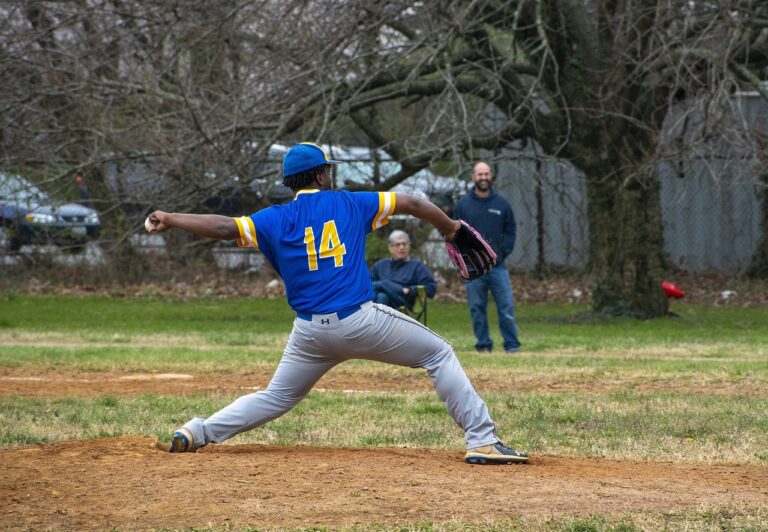Comic-Con Chronicles: Tracing its Evolution and Impact
Laserbook, Yolo 247 Registration: Comic-Con International, commonly known as Comic-Con, is the ultimate destination for fans of comic books, movies, television shows, and all things pop culture. The event, which originated in 1970, has grown exponentially over the years, evolving from a small gathering of comic book enthusiasts to a massive convention that attracts tens of thousands of attendees from around the world. In this article, we will explore the history of Comic-Con and examine its cultural significance in today’s society.
Origins of Comic-Con
Comic-Con was first held in San Diego, California, in August 1970. The event was founded by a group of comic book fans, including Shel Dorf, Ken Krueger, and Richard Alf, who wanted to create a forum where fans could come together to celebrate their love of comics and other forms of popular art. The inaugural event, known as the “Golden State Comic-Minicon,” was attended by around 300 people and featured panel discussions, art displays, and film screenings.
Over the years, Comic-Con continued to grow in size and popularity, attracting more attendees and expanding its focus to include other elements of pop culture, such as movies, television shows, video games, and cosplay. In 1973, the event was officially renamed “San Diego Comic-Con” to reflect its broader scope and appeal.
Expansion and Transformation
Throughout the 1980s and 1990s, Comic-Con underwent significant changes as it expanded to accommodate the growing number of attendees and exhibitors. The convention moved to larger venues in San Diego, such as the San Diego Convention Center, to accommodate the increasing demand for space. As comic book culture became more mainstream, Comic-Con began to attract a wider audience, including celebrities, directors, and artists from the entertainment industry.
In the early 2000s, Comic-Con experienced a surge in popularity thanks to the rise of superhero movies and television shows based on comic book properties. The convention became a hotbed for major announcements, exclusive previews, and star-studded panels, making it a must-attend event for fans and industry professionals alike. Today, Comic-Con is one of the largest pop culture events in the world, with attendance figures reaching over 130,000 people.
Cultural Impact
Comic-Con has had a profound impact on popular culture, influencing the way we consume and appreciate media in the digital age. The convention serves as a platform for creators, artists, and fans to come together and share their passion for storytelling and creativity. It has become a launchpad for new properties and franchises, with studios and publishers using the event to generate buzz and excitement for their upcoming projects.
In addition to being a hub for entertainment and fandom, Comic-Con has also played a significant role in promoting diversity and inclusivity in the industry. The convention celebrates creators and characters from diverse backgrounds and cultural perspectives, reflecting the evolving landscape of modern storytelling. It has become a space where people of all ages, genders, and ethnicities can come together to share their love of comics and pop culture in a welcoming and supportive environment.
FAQs
1. When is Comic-Con held each year?
Comic-Con is typically held in July of each year, with the exact dates varying from one event to the next.
2. How can I purchase tickets to Comic-Con?
Tickets for Comic-Con are sold online through the official website, with prices and availability subject to change based on demand.
3. What can I expect to see and do at Comic-Con?
Comic-Con offers a wide range of activities, including panel discussions, celebrity appearances, exclusive screenings, autograph signings, and a massive exhibition hall filled with vendors and exhibitors.
4. Can I cosplay at Comic-Con?
Cosplay is highly encouraged at Comic-Con, and attendees are welcome to dress up as their favorite characters from movies, TV shows, comics, and more.
5. What makes Comic-Con unique compared to other conventions?
Comic-Con stands out for its rich history, diverse programming, and vibrant community of fans and creators who come together to celebrate all things pop culture.
6. How has Comic-Con adapted to the COVID-19 pandemic?
In response to the pandemic, Comic-Con has shifted to virtual events and online programming to ensure the safety of attendees and maintain the spirit of the convention during challenging times.







